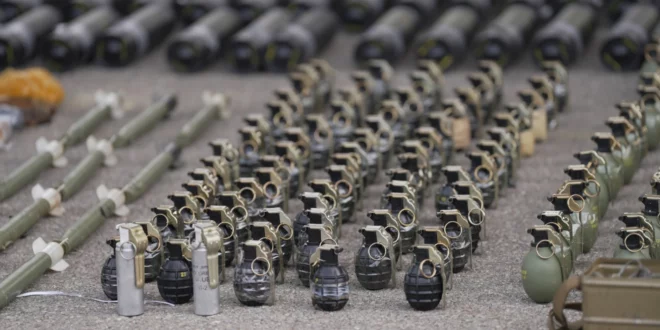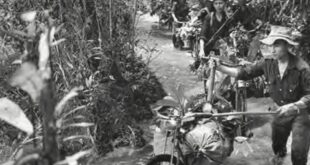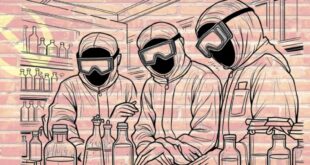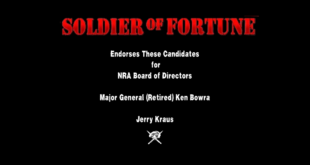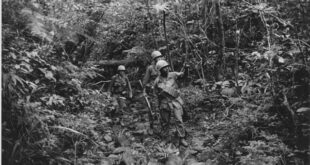RFE/RL Balkan Service
Kosovar police have searched homes and buildings in a northern, ethnic-Serb-dominated district where an attack on an Orthodox monastery left four people dead, including a police officer.
Roads into the village of Banjska, where the monastery is located, remained blocked by police on September 26, and authorities were searching homes trying to identify the masterminds behind the attack two days earlier.
Eight people have been arrested so far, according to Veton Elshani, a top regional police official.
“The police still haven’t finished their work, they don’t know when it will happen, maybe today during the day,” he told RFE/RL.
Around 30 people dressed in military-like uniforms stormed the Serbian Orthodox complex in Banjska on September 24, sparking a gunbattle with Kosovar police.
Three attackers were killed, along with a Kosovar police officer. Kosovo’s prime minister, Albin Kurti, declared a day of mourning for the slain officer.
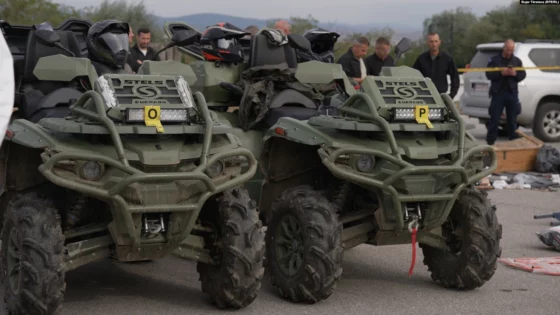
Vehicles confiscated after the Sept. 24 attacks in Kosovo.
Among those arrested, four had radio communications equipment, police said, and a “significant amount” of weapons, ammunition, and other equipment was found.
The attack, and the murkiness of its circumstances — no group has come forward to claim responsibility — comes as tensions continue to mount in the ethnic Serb-dominated district of Kosovo.
Serbia does not recognize Kosovo’s 2008 declaration of independence, and squabbling and conflicts erupt frequently over things like license plate registrations and municipal elections.
Some observers speculated the attack might have been a false-flag operation, aimed at generating outrage in Serbia.
Serbian List, the main political party representing Serbs in Kosovo, on September 27 declared a three-day mourning period to mark the “killing of our fellow citizens in the tragic events in the Banjska village.”
At least six of the suspected attackers who escaped were now in Serbia receiving treatment at a hospital there, Kosovar Interior Minister Xhelal Svecla told reporters, and he demanded that Serbia hand them over to Kosovo’s authorities.
Serbian President Aleksandar Vucic has denied that Belgrade was involved in the incident.
He also repeated that Serbia would “never” recognize Kosovo’s independence, “neither formally nor informally.”
The United States’ top diplomat called on both Kosovo and Serbia to avoid worsening tensions.
“We call on the governments of Kosovo and Serbia to refrain from any actions or rhetoric which could further inflame tensions and to immediately work in coordination with international partners to de-escalate the situation,” Secretary of State Antony Blinken said in a statement.
Western officials are mediating talks between Serbia and Kosovo as part of a decade-long diplomatic push toward formalized relations and repairing some of the wounds from internecine wars in the 1990s after the breakup of Yugoslavia.
In May and June, Kurti ignored outside warnings and tried to forcibly install four mayors in mostly Serbian northern municipalities following boycotted by-elections to fill posts vacated by protesting Serbs.
The resulting tensions erupted in violence that injured dozens of NATO-led peacekeepers and some ethnic Serb protesters.
– RFE/RL Balkan Service
 Soldier of Fortune Magazine The Journal of Professional Adventurers
Soldier of Fortune Magazine The Journal of Professional Adventurers


